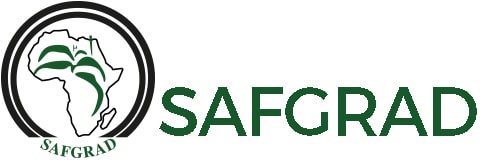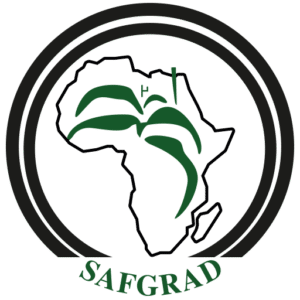- Context of the webinar
In 2011, the African Union adopted the Africa Pastoral Policy Framework. This strategic document recognizes pastoralism as a livestock production method adapted to the situation of arid and semiarid zones in Africa. This pastoralism contributes substantially to food security, in particular through the production of meat. So far, a few African countries have been able to showcase their leather and skins sector, making their pastoral livestock sector a major supplier of raw materials to a booming global leather industry.
Over the centuries, pastoral communities have successfully demonstrated an exceptional capacity for adaptation in the face of many constraints and challenges, social (conflicts), but also climatic (droughts) and others. However, in recent years, the multiplicity and above all, the rapidity of changes affecting the continent as a whole, have placed pastoralism in the face of one of the deepest crises in its history. Among the current major challenges of African pastoralism, we can highlight in particular:
- population growth accompanied by increased pressure on land and natural resources;
- the rate of urban growth among the fastest in the world but also in history which leads to massive changes in the destinations of rural lands, and disrupts pastoral routes;
- the emergence of the phenomenon of large-scale rural land acquisitions which severely affect community pastures, wrongly considered as undeveloped areas;
- the deepening of the security crisis particularly in the Sahel, characterized by the increase in terrorist attacks against civilian populations, including communities of farmers and pastoralists
- the dangerous stigmatization of pastoral communities as being terrorists or at least as accomplices of terrorists and the multiplication of conflicts;
- the aggravation of inter-community conflicts between pastoralists and farmers;
It is in the well understood interest of African states to help pastoral communities adapt to major changes that disrupt their activity and even threaten their existence. Ultimately what is at stake is sustainable development, preservation of the environment, peacemaking and consolidation of political stability in Africa.
In order to face the crisis of African pastoralism, AU SAFGRAD conducted a study on “Securing pastoralism and preventing conflicts: guidelines for secure, peaceful and sustainable pastoralism in Africa”. This study, carried out with the strong collaboration of regional economic communities, made it possible to identify promising avenues for the resilience of pastoral economies and to define guidelines aimed at serving as a source of inspiration for updated national pastoral policies and legislation. After organizing a consultative workshop in Lusaka around the results of the study, AU-SAFGRAD wishes to consolidate the participatory and inclusive approach undertaken by organizing an exchange on concrete actions to be taken in order to achieve secure, peaceful and sustainable pastoralism in Africa.
- Objectives of the Webinar
– Main objective
Webinar aims to build broad consensus for policies to support safe, peaceful and sustainable pastoralism.
– Specific objectives
- Share the main findings of the study, including guidelines for safe, peaceful and sustainable pastoralism in Africa
- Discuss and formulate strong recommendations to decision-makers, aimed at translating the vision of secure, peaceful and sustainable pastoralism into concrete actions at different levels, especially national and regional levels.
- Expected participants
- Representatives of continental institutions concerned with pastoral issues
- Regional Economic Communities and regional pastoral projects on pastoralism
- Representatives of Ministries in charge of livestock
- Representatives of regional pastoral organizations
- Livestock research centers
- Program and Speakers
- Welcoming remarks and progress of the Webinar: Dr Ahmed Elmekass, Director AU-SAFGRAD
- Introductory comment: Dr Janet Edeme (AUC)
- Stakes of the current pastoral crisis: FAO
- Presentation of the study and the guidelines: Mr Koutou Mamadou, Programme and Research Officer, AU-SAFGRAD
- Perspectives, what recommendations for action: ECOWAS, IGAD; ECCAS) / Regional pastoral organization
- Conclusion / thanks: Dr Ahmed Elmekass, AU SAFGRAD
- Moderator: Dr Hubert Ouedraogo.
- Organization of the Webinar
- Date: December 7, 2021
- Duration: 1 hour 30 minutes
- Time: 10 a.m. – 11:30 p.m. GMT
- Platform: Zoom (Link)
- Format : Presentations ; Discussions.



